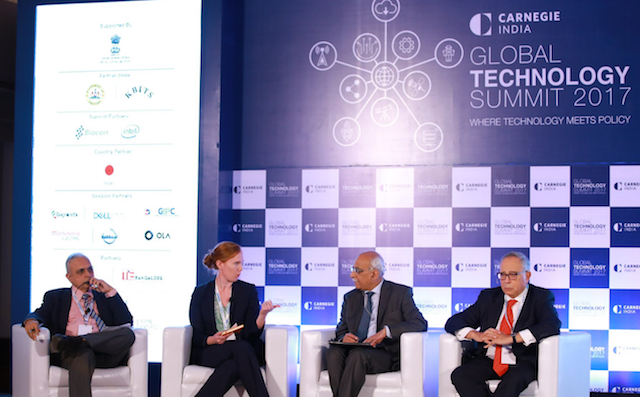
Grant investigator: Jaime Yassif
This page was reviewed but not written by the grant investigator. CEIP staff also reviewed this page prior to publication.
The Open Philanthropy Project recommended a grant of $613,380 over three years to the Carnegie Endowment for International Peace (CEIP). The grant will support a project to assess Chinese and Indian perspectives on biosecurity risks associated with advances in biotechnology.
CEIP plans to collaborate on this project with its China-based center located at Tsinghua University in Beijing, and its India-based center in Delhi. CEIP’s stated goals for the project are to: understand Chinese and Indian perceptions of how rapid advances in biotechnology will change the risk landscape in coming years and decades; understand the degree to which Chinese and Indian policymakers are engaged with biotechnology risks, and what unique considerations and experiences affect their thinking; and ultimately make recommendations for further study and work.
We decided to recommend this grant primarily for the following reasons:
- We consider CEIP to have a good team of respected experts with experience and a track record in WMD threat reduction. Examples include George Perkovich, a senior nuclear security and arms control researcher; Katherine Charlet, former acting deputy assistant secretary of defense for cyber policy at the U.S. Department of Defense; and Li Bin, a former Chinese nuclear weapons scientist who has been an arms control researcher and advocate for many years.
- We think finding ways to engage on dual-use biotechnology issues in China and India is important to our goal of mitigating biosecurity risk, and we view this project as a good way to pursue that goal.
- We think CEIP’s centers in Delhi and Beijing provide a comparative advantage for working on biotechnology issues in China and India.
Our main open question for this project is whether CEIP will be able to successfully translate its nuclear policy experience and track record to biosecurity work. CEIP currently has limited biosecurity expertise at its headquarters and overseas centers, which we consider a potential risk to the effectiveness of this project. To be successful, we think CEIP will need to build additional biosecurity capacity.
This grant falls within our focus area of biosecurity and pandemic preparedness.
Sources
| Document | Source |
|---|---|
| CEIP, George Perkovich Bio, December 2017 [archive only] | Source |
| CEIP, Katherine Charlet Bio, December 2017 [archive only] | Source |
| CEIP, Li Bin Bio, December 2017 [archive only] | Source |
